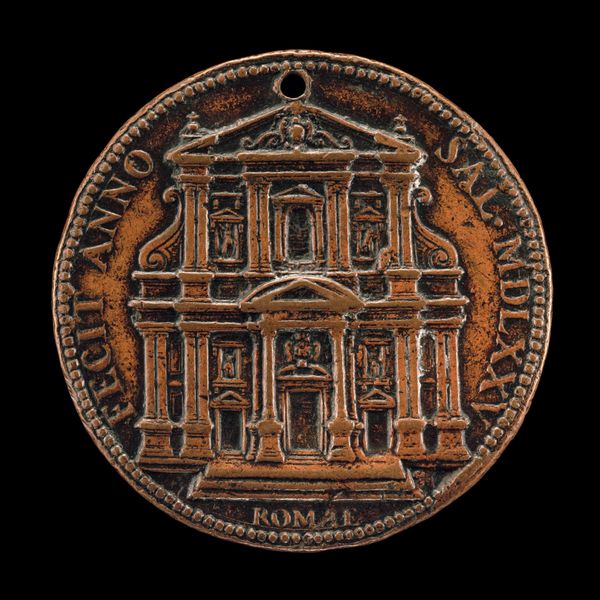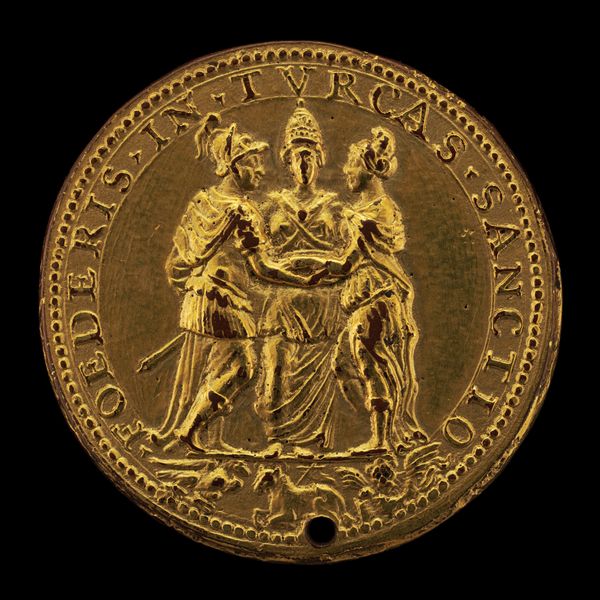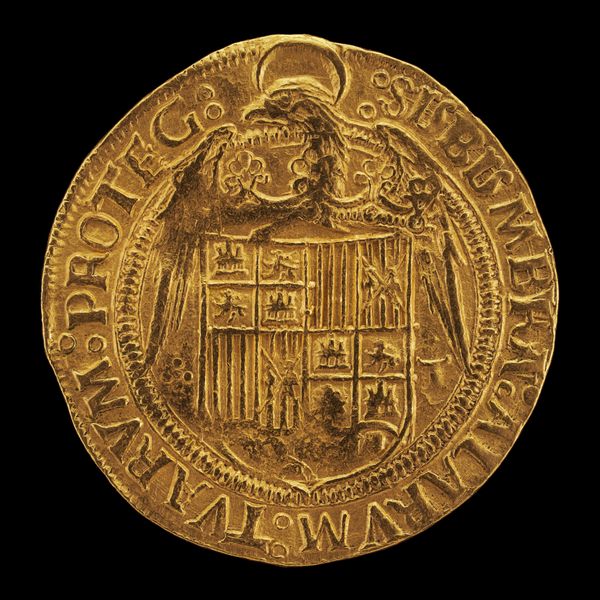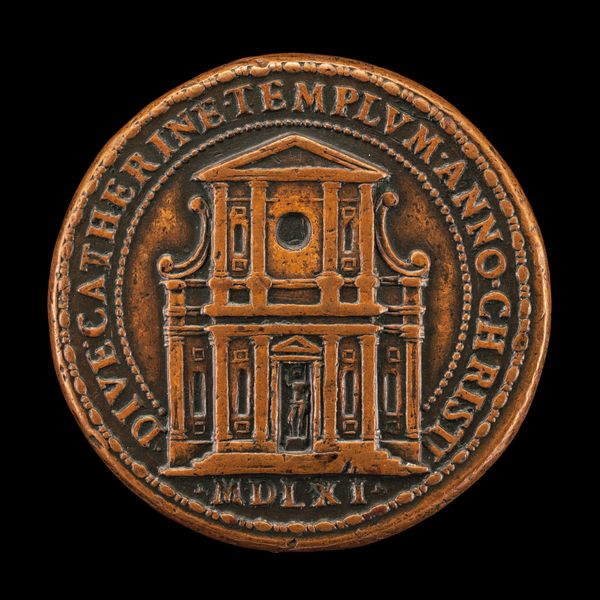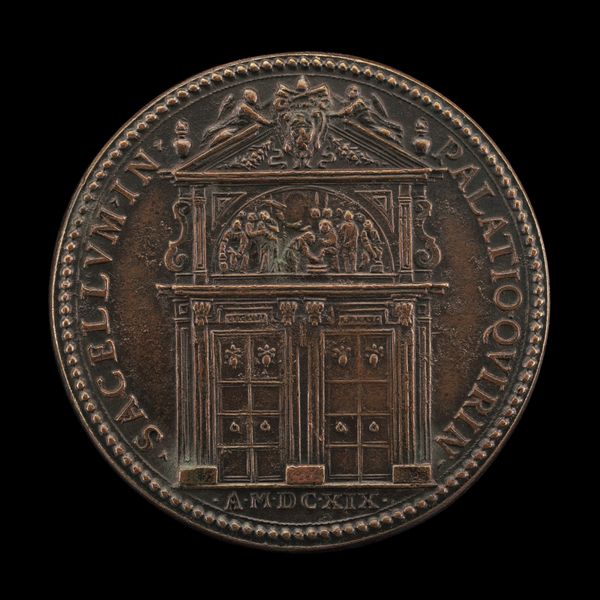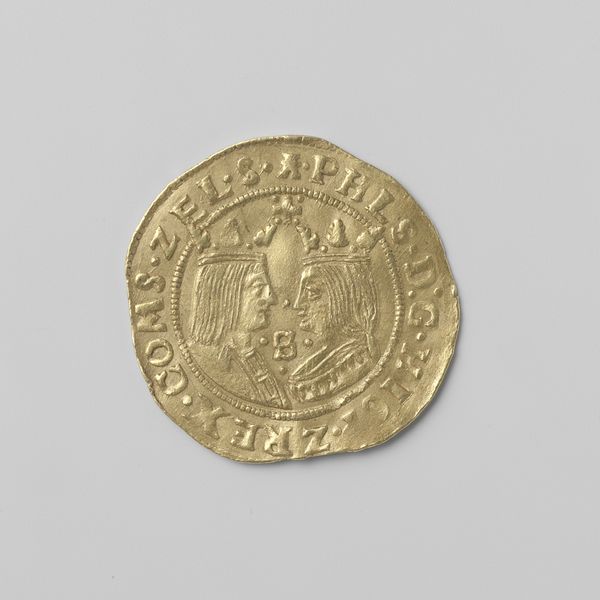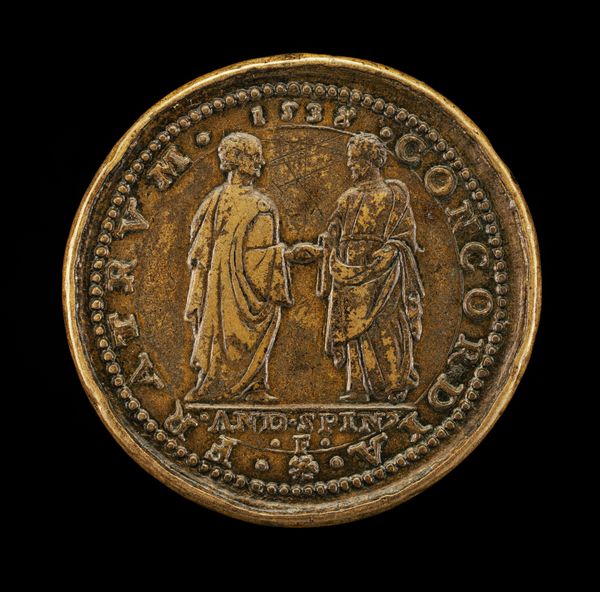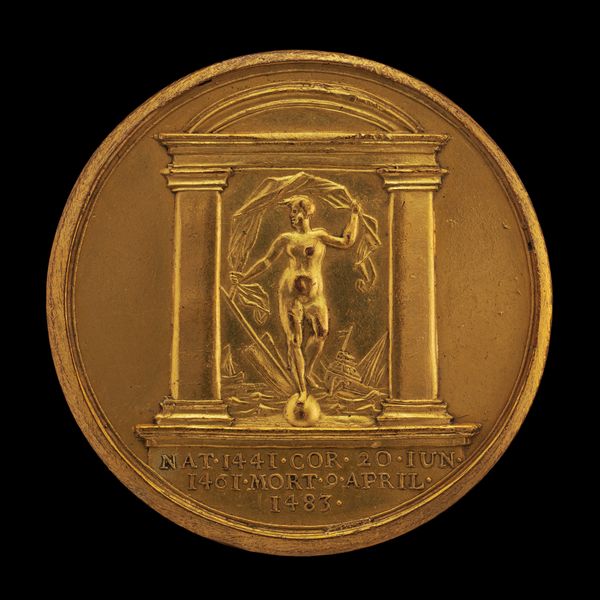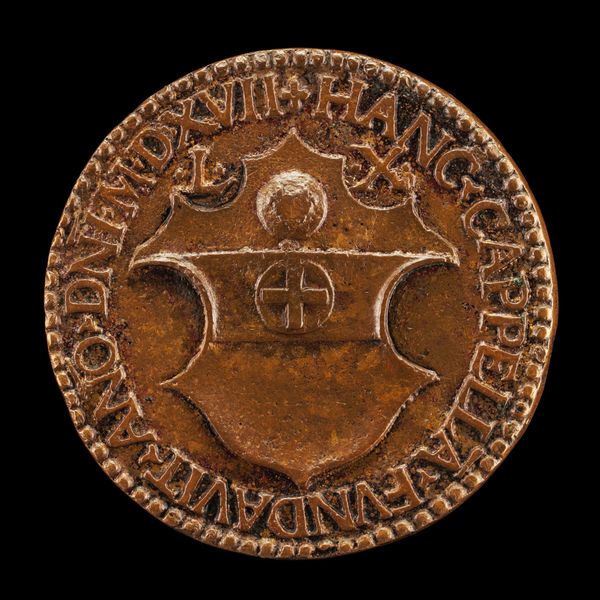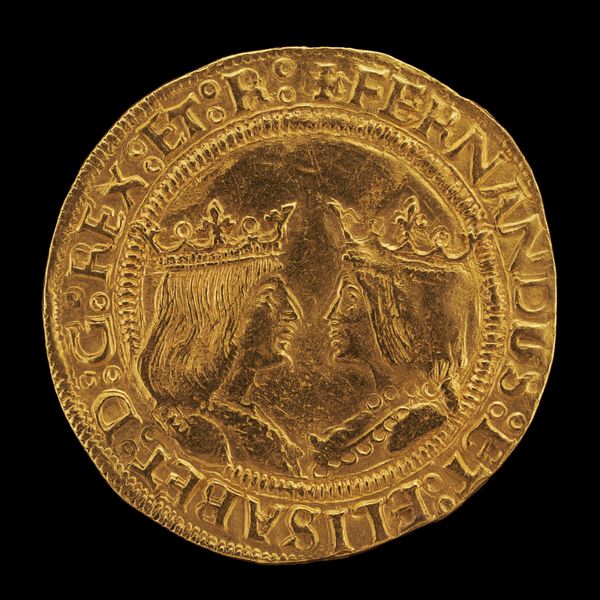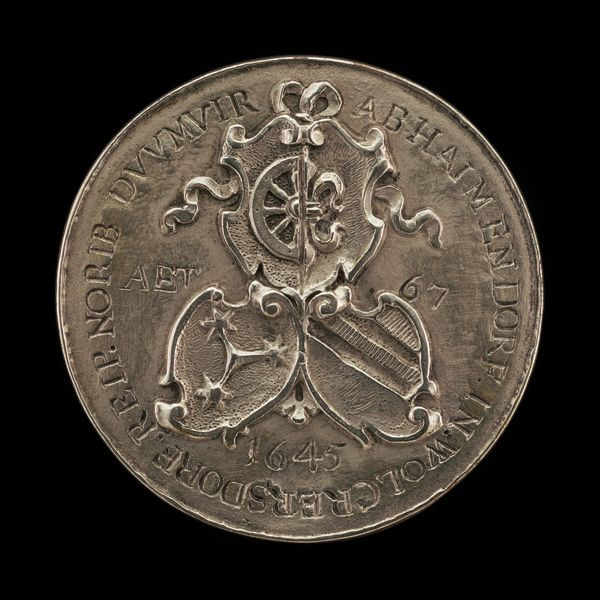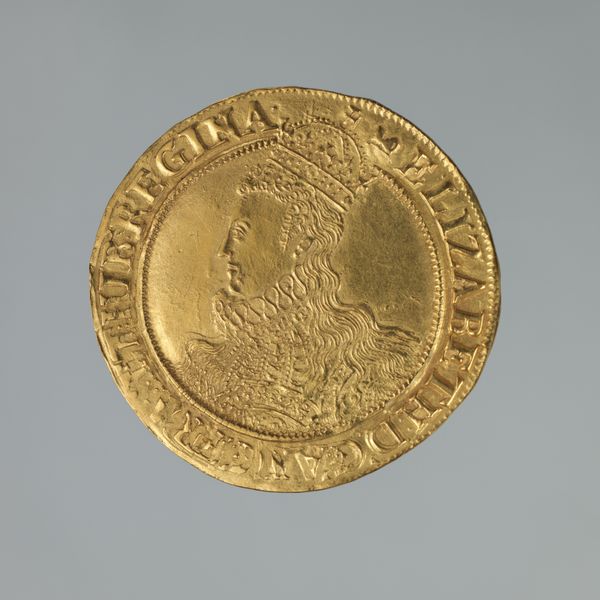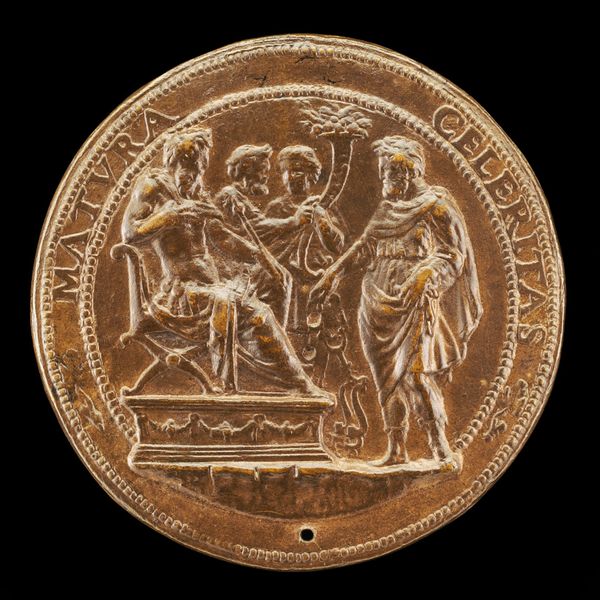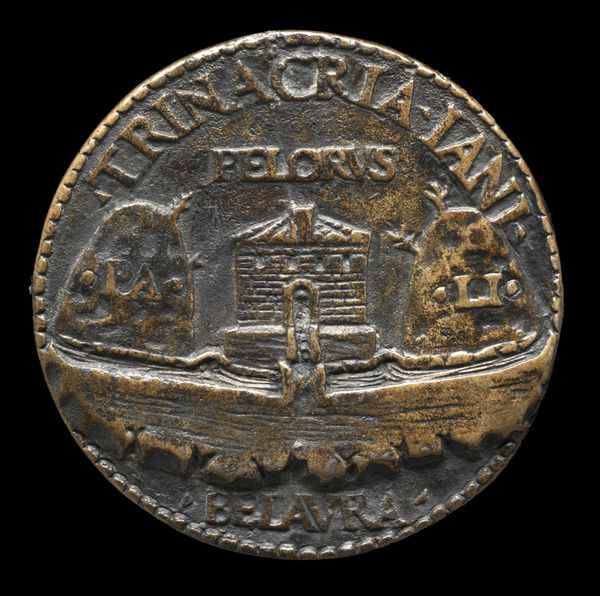![The New Louvre [reverse] by Pierre Regnier](/_next/image?url=https%3A%2F%2Fd2w8kbdekdi1gv.cloudfront.net%2FeyJidWNrZXQiOiAiYXJ0ZXJhLWltYWdlcy1idWNrZXQiLCAia2V5IjogImFydHdvcmtzL2Y2ODI4YzljLWEyOGItNGM5Yy05YjRhLThmMDFkYjdmMDU5Mi9mNjgyOGM5Yy1hMjhiLTRjOWMtOWI0YS04ZjAxZGI3ZjA1OTJfZnVsbC5qcGciLCAiZWRpdHMiOiB7InJlc2l6ZSI6IHsid2lkdGgiOiAxOTIwLCAiaGVpZ2h0IjogMTkyMCwgImZpdCI6ICJpbnNpZGUifX19&w=3840&q=75)
metal, relief, sculpture, engraving, architecture
#
baroque
#
metal
#
stone
#
relief
#
mosaic
#
sculpture
#
history-painting
#
engraving
#
architecture
Dimensions: overall (diameter): 3.26 cm (1 5/16 in.) gross weight: 19.76 gr (0.044 lb.) axis: 12:00
Copyright: National Gallery of Art: CC0 1.0
This gilded medal of 1624 was designed by Pierre Regnier, a French engraver, and celebrates the expansion of the Louvre Palace under King Louis XIII. This image acts as a symbolic representation of royal power. In seventeenth-century France, the Louvre was more than just a building; it was an institution deeply intertwined with the monarchy's image. The choice of gold as a medium further emphasizes the wealth and authority associated with the French crown. Its design adheres to classical architectural principles, reflecting a conscious effort to align the monarchy with the grandeur of ancient empires. To understand the medal’s full impact, historians consult royal archives, architectural plans, and court records. By analyzing these resources, we can better understand the medal's role in promoting the King’s image and the social forces that shaped its creation.
Comments
No comments
Be the first to comment and join the conversation on the ultimate creative platform.
